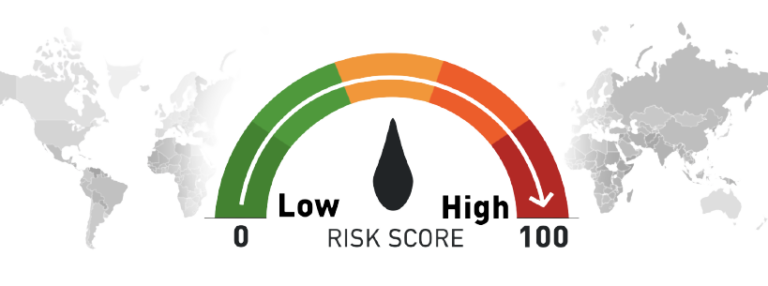Comprehensive RISK INDEXES
By Risk Watch Initiative
Mastering Corruption & ESG Risks Efficiently
A NEW ERA FOR RISK INDEXES
Now managed by Risk Watch Initiative, a newly established non-profit committed to ethics and compliance. Our Global Corruption and ESG Indexes are more accessible and community-focused than ever. Stay tuned for upcoming updates, releases, and new publications.
GLOBAL CORRUPTION INDEX
The Global Corruption Index (GCI) is a unique tool measuring public and private corruption as well as other white collar crimes, such as money laundering and terrorism financing worldwide. The GCI is based on robust objective and subjective indicators provided by internationally recognized entities. Built as a composite index, it comprises two complementary sub-indexes (corruption & white collar crimes), allowing both for a more nuanced and integrated perspective.
The Global Corruption Index provides an independent score, ranking and risk evaluation for as many as 196 countries, offering a compliance solution to current legal frameworks such as the FCPA, the UK Bribery Act and the French law Sapin II.
ESG INDEX
With a global coverage of 183 countries, the ESG Index or ESGI (Environmental, Social and Governance Index) assesses risks concerning the environment, human rights and health & safety on a country level.
Based on international references such as the Universal Declaration of Human Rights, the UN Global Compact, the 8 ILO fundamental conventions and the UN Conference on Environment and Development, it combines three unique sub-indexes for both a global and dimensional perspective.
The ESG Index can be used to comply with corporate social responsibility (CSR) & ESG legislations such as the Corporate Duty of Vigilance in France, the German Supply Due Diligence Law, and the UK Modern Slavery Act.



How you will benefit
Clear, reliable and accurate : our risks indexes are market oriented tools aiming to help decision makers deal with an overwhelming amount of data of variable quality. Benefit from a robust methodology and a maximal coverage to safely compare country results for a sound risk evaluation. You can easily integrate our indexes into your compliance and decision-making processes, as well as a part of your reporting obligations.

Methodology
The indexes are computed following a process-driven and iterative methodology. Data is first assessed in terms of quality, coverage and reliability. Missing values are then evaluated on a case-by-case basis, in order to determine if an imputation procedure is acceptable or to dismiss. A global cyclical back-and-forth testing process ensures the quality of the risk evaluation.

The increasing need for Objective
Risk Indexes
It is increasingly challenging for companies & other entities to efficiently address third-party risks (fraud, corruption, money laundering, and now ESG related risks) while applying regulatory compliance.
Bearing this complexity in mind, we have leveraged our knowledge as risk experts to build two unique indexes – the Global Corruption Index & the ESG Index. These professional tools bring together complementary dimensions to measure your risk exposure and significantly facilitate compliance processes. They allow for efficient risk mapping, the starting point of any robust risk assessment.
The corporate world faces an increasing number of local and international laws, imposing thorough Due Diligence verifications. Corruption, fraud and money laundering issues are in the spotlight like never before.
The European Union is adopting successive anti-money laundering directives, with the 6th AML Directive currently under discussion. On the corruption side, regulations such as the UK Bribery Act, the Foreign Corrupt Practice Act (FCPA), and the French law Sapin II impose a strict compliance framework on businesses.
In parallel, growing concerns regarding ESG matters led many European countries to adopt a new type of corporate laws aiming to prevent major environmental and social violations (Devoir de vigilance, German Supply Chain Due Diligence Act, etc.)
23 May 2024
ESG Index 2023: Major Concerns with Key Nations for Environmental Preservation
Geneva, May 14, 2024 - Each year, the ESG index measures risks related to the
9 November 2023
2023 Global Corruption Index Results are here!
Widening Performance Gap in 2023 Global Corruption Index (GCI) Geneva, Nov 08, 2023 - Global

